Reviewed by Dustin Joy
This is an unconventional book review. It turns out that this review of Melinda Gates’ book The Moment of Lift is partly about me, a middle-aged, middle-class, white guy from the Midwest. You might, if you are so inclined, kindly let me off the hook here by saying something like, “That’s okay, Dustin, everybody writes about what he knows.” But the truth is, Melinda Gates doesn’t deserve this. Through her hard work and devotion she has literally saved lives. She has made the world a better place. She doesn’t deserve to be sniped at by a smug liberal with some chauvinistic holes in his feminist facade.
Since I will be deviating from a strict conversation about her book and, at least by implication, questioning her credentials to write it, I wish to stipulate, clearly and unequivocally, that Melinda Gates is right about everything. Her assertions are sound and well-reasoned. They are scientifically researched and properly documented. No review of The Moment of Lift should fail to echo and amplify her conclusions. They are correct and they are important and every American should read her book and assimilate her ideas. The facts are these:
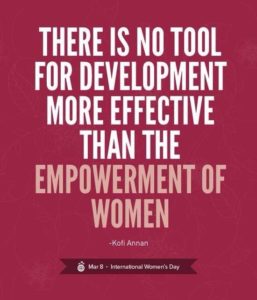
- If you want to reduce poverty, empower women.
- If you want to reduce violence, empower women.
- If you want to make the world a better place, empower women.
In Gates’ words, “When you lift up women, you lift uphumanity. It is the most comprehensive, pervasive, high-leverage investment you can make in human beings.” And the way to empower women, according to Gates, is to help them gain control over their own lives. Specifically:
- Give all women access to the birth control that women in developed countries have. As Gatesputs it, “Contraceptives are the greatest life-saving, woman-empowering invention ever created.”
- Give women, and thereby their children, access to vaccines, medicines, and proper nutrition.
- Open avenues for women to participate fully in the economy. Gates says, “Gender equity lifts everyone,” because, “whenever you include a group that has been excluded you benefit.”
These assertions are axiomatic. If you do even a little research you find that they are simply true. The fact that we need to be schooled on this subject in 2019 should be embarrassing.
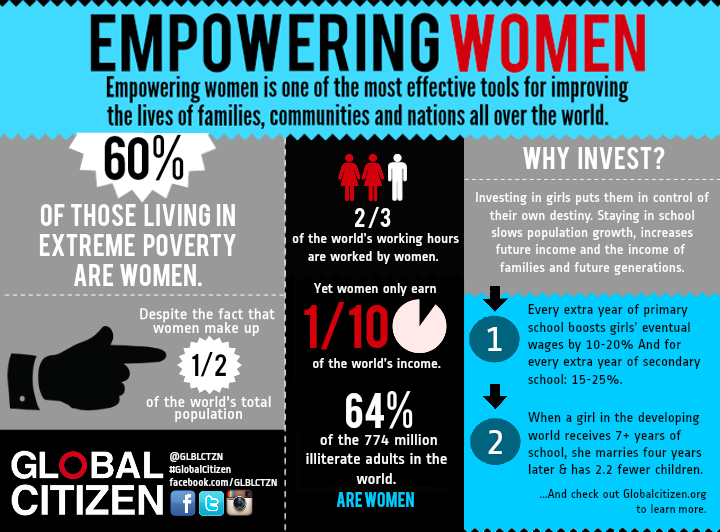
The unbidden “observations” which come to mind when reading The Moment of Lift are the same ones Melinda Gates has had to deal with her entire adult life. They are petty, based in jealousy, and mostly chauvinistic, if not misogynistic. They go something like this:
- When she speaks about what “we” have accomplished (meaning the Bill and Melinda Gates Foundation) there is an arrogant tendency for the middle-aged, middle-class,white guy to say “You mean you and the richest man in the world, who is your husband?”
- When she speaks with familiarity about mothers living in squalid conditions in India it is easy for the liberal to think, “Yeah, that’s all well and good as long as you can go home at night to the biggest mansion in the world in your private jet.”
- When Gates pulls her punches and does not confront some of the biggest barriers to the empowerment of women, the Islamic religion in middle-eastern countries and the Catholic Church in Africa and South America, one wonders why. Women in some Islamic countries are persecuted in a thousand ways, from the forced wearing of burqas to the denial of education. The Catholic Church continues to oppose birth control. The Humanae Vitae is widely ignored in the United States, but has a devastating effect on women’s health and AIDS prevention efforts in third world countries. Gates, a Catholic herself, only addresses these road blocks obliquely.
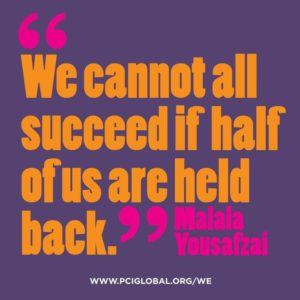
Finally, Gates’ philanthropic work invites questions about its source. Bill Gates built his wealth on the graves of other businesses. Microsoft has been criticized and sued for antitrust issues, labor practices, blacklisting journalists, violation of consumer protection laws, and privacy concerns about its collaboration with NSA surveillance. Whatever he is now, Bill Gates was a ruthless and unforgiving capitalist when he was amassing his fortune. Balzac said “Behind every great fortune lies a great crime.” Is the money Melinda Gates uses to save lives also “blood money?”
I actually like and respect Melinda Gates; I did before reading The Moment of Lift and I am even more impressed now. She is an engaging writer. This book is not a slog. Gates is a methodical strategist and a brilliant thinker. She is realistic about her aspirations and surprisingly humble, despite being named to Forbes 100 Most Powerful Women list five times.
She is careful about her investment of time and money. She is not callous but is, in the passionate business of philanthropy, dispassionate. I hesitate to use the word dispassionate here because of its perceived negative connotation. But Melinda Gates is dispassionate in the positive sense of the word. She is rational and pragmatic. Early on she took to heart the criticism of Hans Rosling, the Swedish physician and statistician, that “American billionaires giving away money will mess everything up.” She is determined not to mess things up.
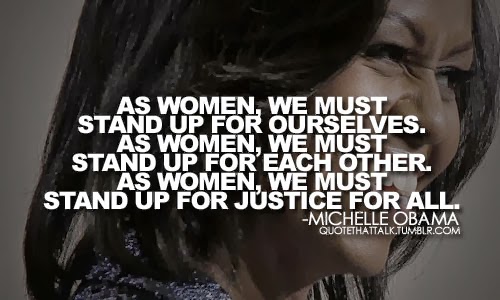
After reading The Moment of Lift I decided to do some more research. I wanted to either validate or put to bed my qualms about Gates and her philanthropy. I started by talking to my friend, a computer industry expert. I asked him straight-out, “Is Bill Gates a hero or a villain?” He obfuscated. He gave me a detailed accounting of the sins of Microsoft in general and Bill Gates in particular. Then he talked about the Gates Foundation and the obvious good it has done in the world.
Our discussion veered. We explored the question of whether a bad person could produce good things. We talked about Bill Cosby. We discussed Robert Frost’s “jerky” behavior, Ernest Hemingway’s macho chauvinism, Pablo Picasso’s adultery, and Andrew Carnegie’s brutal business practices. It was a split decision.
We determined that we can no longer listen to Bill Cosby’s comedy. We will still enjoy “Stopping by Woods“, Guernica, and For Whom the Bell Tolls. We will criticize Carnegie for the Homestead Strike but admire and use the libraries he built. We concluded that philanthropy and great art can enrich the world regardless of the source, but only to a point. As Ntokozo Qwabe, the South African student activist, said about Cecil Rhodes,”There is no hypocrisy in being a recipient of a Rhodes Scholarship and being publicly critical of Cecil Rhodes and his legacy . . . There is no clause that binds us to find ‘the good’ in Rhodes’ character.”
My naval gazing led me to the following conclusions about Melinda Gates and her book:
To the smug insinuation that she owes her accomplishments to her husband’s money, I now reply (to myself and others) that the Bill and Melinda Gates Foundation, and all the wonderful things it has achieved, would not have happened without Melinda Gates. She was the architect.
To the cynical idea that Melinda Gates cannot understand the poor because she is so rich, I say at least she is trying to understand, which is more than most middle-aged, middle-class white guys are doing.
To the serious question about Gates failure to take on the Pope and the Muslim clerics, I reiterate that she is a pragmatist. She is cognizant of her limitations and she knows the lay of the land. There are 1.2 billion Catholics in the world and 1.8 billion Muslims. Even the wealthiest philanthropist is restrained by these forces and obliged to work around the margins.
And to the last question, about imposing high ethical standards on the Gates’ philanthropy, I would say two things. Melinda Gates is not her husband, and even if she is to be painted with the same brush, we must ask ourselves another question: “Would you rather Bill and Melinda Gates spend their money helping the world’s poor, or buying a bigger yacht?”
Bill Gates is not perfect. There is no clause that binds us to find “the good” in his character. But his crimes, whatever they may be, do not put him in the cohort of Bill Cosby. And he certainly has done one thing right. He has used his wealth to empower an intelligent, talented woman. With it she has built a foundation that is a real asset to humanity.
Dustin Joy is an airline pilot and writer who lives in western Illinois with his wife and three children. He enjoys fishing, gardening, and beekeeping, none of which he’s very good at. He writes for Plane and Pilot Magazine, has been published at naturewriting.com, and blogs at stuffiminterestedin.com.
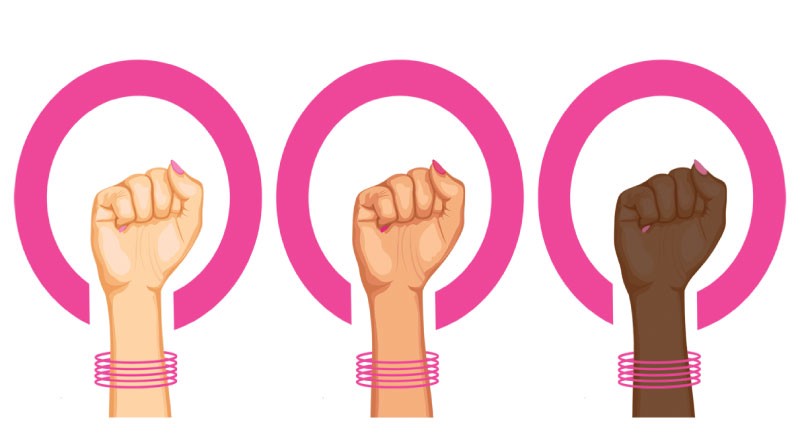
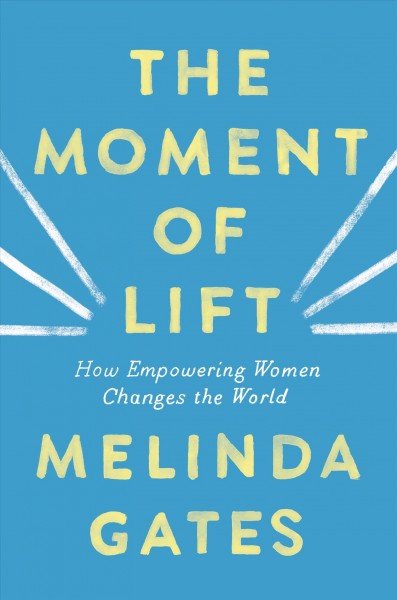


Really enjoyable review. I’ll be sharing it. 🙂